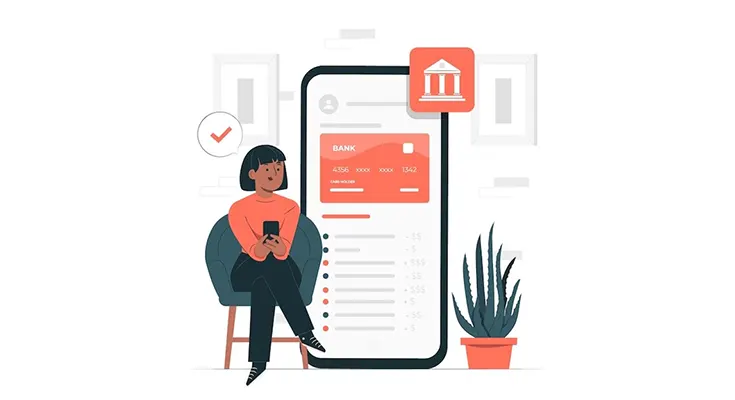
How Can Organisations Measure Financial Sustainability?
Financial sustainability means an organisation can keep functioning without running out of money. It’s like a shop that earns enough to pay rent and salaries and still save for the future. For Indian businesses, from small kirana stores to big companies, measuring financial sustainability is key to surviving tough times and growing. Here’s a simple guide to help organisations track their financial health.
How organisations measure financial sustainability
1. Track profit margins regularly
Profit margins show how much money a business keeps after paying all costs. For example, if a Mumbai bakery spends Rs. 80 to make a cake and sells it for Rs. 100, its profit margin is 20%.
- Gross profit margin: Sales minus production costs.
- Net profit margin: Sales minus all costs (rent, salaries, taxes).
Tip: Use tools like Tally or Excel to calculate margins monthly. If margins drop, check if material costs rose or …
How Can Organisations Measure Financial Sustainability? Read More




